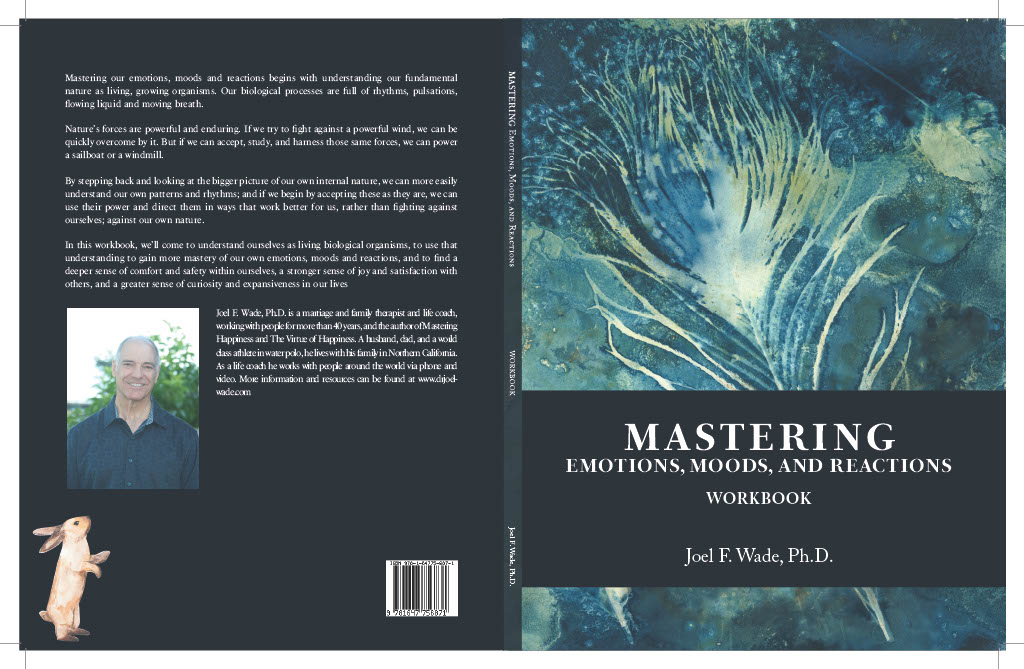 After my workout, I stopped at the cliffs above Capitola, overlooking the Monterey Bay. It had just rained lightly, so the air was crystal clear, and the brownish gold of the kelp beds at low tide made a vivid contrast with the blue gray ocean. The little bit of sun that peeked through the clouds lit a meandering path across the water and through the center of the wharf.
After my workout, I stopped at the cliffs above Capitola, overlooking the Monterey Bay. It had just rained lightly, so the air was crystal clear, and the brownish gold of the kelp beds at low tide made a vivid contrast with the blue gray ocean. The little bit of sun that peeked through the clouds lit a meandering path across the water and through the center of the wharf.
The Monterey Bay looks very tame from the shore, but it drops off quickly, reaching a depth in some places of over two miles; like an undersea Grand Canyon. During the right time of year it’s not unusual to see humpback whales, dolphins, and a whole host of other cetaceans pretty close in. I didn’t see any on this particular day, but I know they’re out there; along with the harbor seals and sea otters providing comic relief.
Then there are the sea monsters… the great white sharks, among other dangers. Those are the things that keep me mostly swimming just a bit inland in a chlorinated pool.
I force myself to stop on these cliffs almost every morning, because I know it’s important for me. I began doing this several years ago, when I noticed I was getting too caught up in day to day anxieties and concerns. The five to maybe ten minutes I spend gazing out at the protected expanse of the largest ocean on earth gives me something I need – something we all need, a fundamental requirement for our happiness and well being actually… and something that is all too easy to be oblivious to in these days of iphones, kindles, and reliably traumatic 24 hour news cycles.
A sense of awe.
Awesome is a word that’s now used promiscuously. If something’s good, it’s awesome! If something’s enjoyable, it’s awesome! If something’s mildly impressive, it’s awesome!
But awe is not such a mundane experience. Webster’s dictionary defines awe as, “An emotion variously combining dread, veneration, and wonder that is inspired by authority or by the sacred or sublime.”
When we throw around a word like awe so frivolously; when everything’s awesome… then what word do we use to express the true intensity of awe?
Totally awesome!? No that’s not it… I don’t have a good answer, but I hope my point is clear – there is a deep need in the human soul for an emotion variously combining dread, veneration, and wonder. For now, we’ll keep the word that bears that meaning.
What is it about awe that’s so important?


Recent Comments